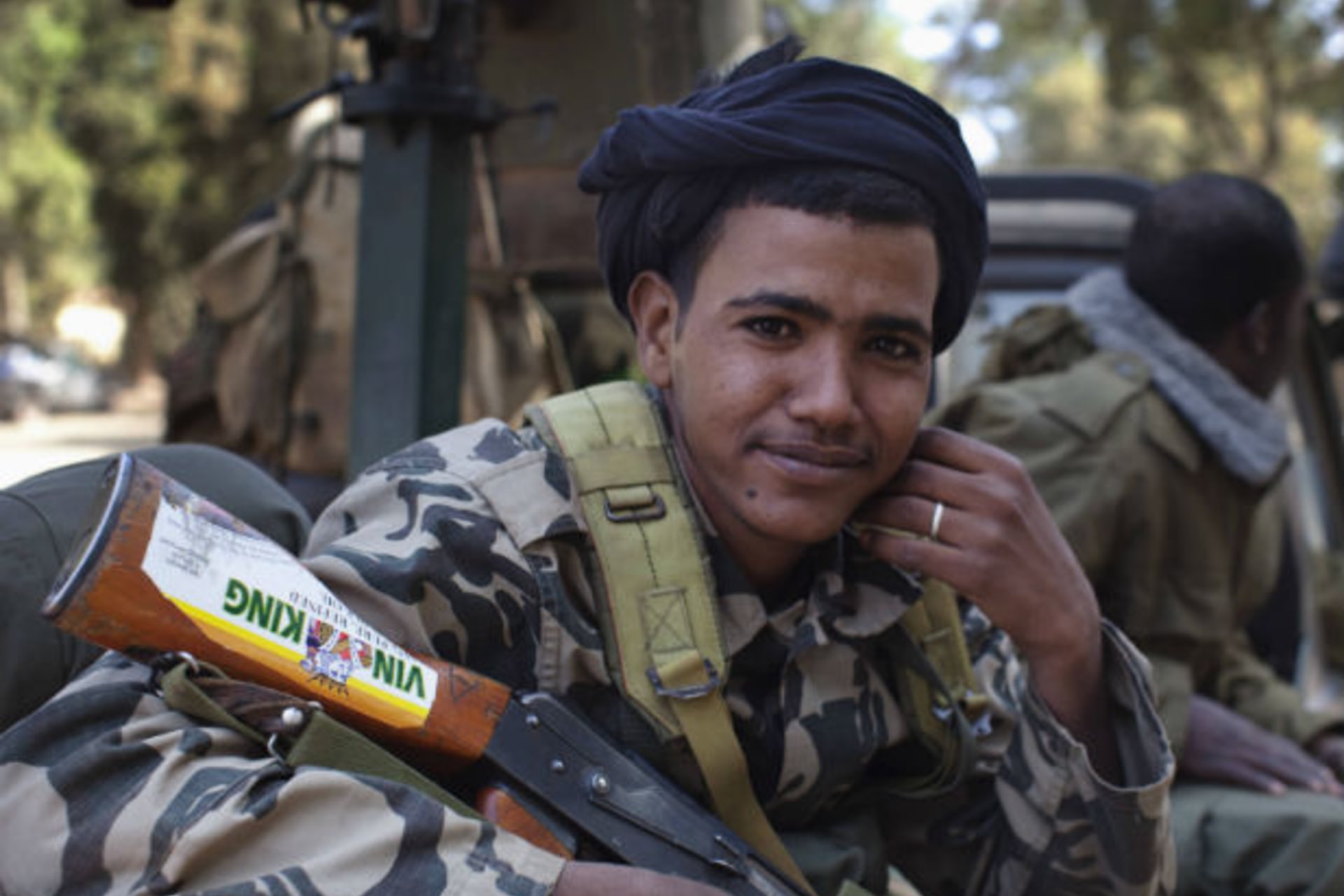Some Mali Tuaregs Turn Against Radical Islamists

By experts and staff
- Published
By
- John CampbellRalph Bunche Senior Fellow for Africa Policy Studies
Reuters is reporting the claim by pro-autonomy Tuareg MNLA rebels that they have seized Mohamed Moussa Ag Mohamed, who imposed harsh Islamist rule on Timbuktu, and Oumeini Ould Baba Akmed, a kidnapper associated with the alleged al-Qaeda in the Islamic Maghreb (AQIM) splinter group MUJWA. An MNLA spokesman says that the two Islamist leaders have been sent to Kidal, but it is not clear what force has custody of them.
After the recovery of Timbuktu, Gao, and Kidal, the MNLA appears to be reasserting its leadership in northern Mali, and distancing themselves from the radical Islamists, by emphasizing their demand for autonomy or independence. MNLA says it is willing hunt down Islamists and has offered peace talks with Bamako. Some military officers rejected this offer out of hand, citing claims of rebels executing soldiers. An MNLA spokesman, Ibrahim Ag Assaleh, in turn criticized Bamako’s interim president Dioncounda Traore’s proposal to hold elections on July 31 unless an agreement between north and south is reached first.
MNLA’s latest moves highlight the fragility of the Islamist coalition that controlled northern Mali for nine months. Following Captain Amadou Sanogo’s successful military coup against the Bamako government in March 2012, MNLA led the establishment of the independent state of Azawad in northern Mali. However, in a devil’s bargain, MNLA allied itself with radical Islamists groups, including Ansar Dine, AQIM, and MUJWA to drive out Bamako’s army. Under circumstances that remain obscure, the radicals then displaced MNLA and proceeded to impose its harsh Islamist regime, apparently with MNLA’s acquiescence or approval. While this inherently unstable coalition ruled northern Mali, relations between the radical Islamists and MNLA were obscure to outside observers, but they likely remained fluid and influenced by local factors, including rivalry for control of smuggling routes. Now, however, that the Islamists are on the run, MNLA has turned on them and returned to its initial goal of autonomy, if not independence, for northern Mali. This opens up the possibility for talks with Bamako and even the potential for a viable political settlement. But, that will require a credible response by Bamako to this latest MNLA initiative.